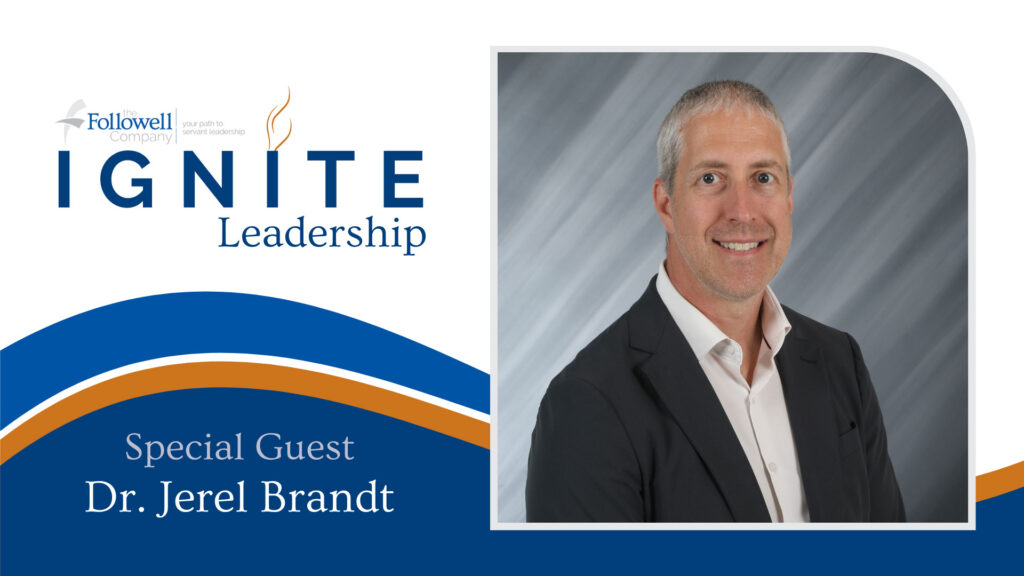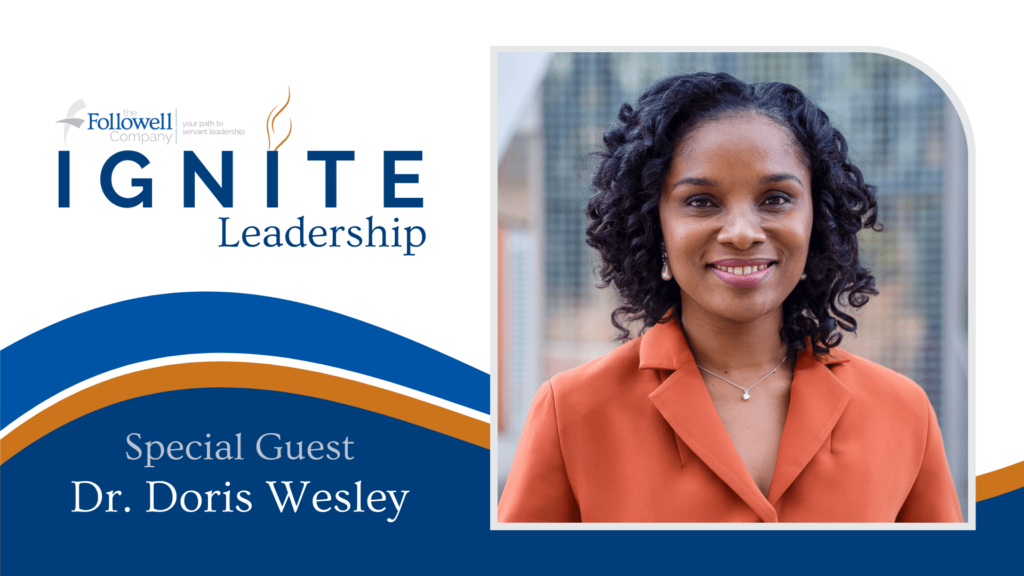Even a small child can name their five senses, but we’re rarely taught about our intellectual faculties. We all have six key intellectual faculties—imagination, intuition, perception, will, reason, and memory. As Napoleon Hill explores in Think and Grow Rich, these faculties are essential tools for creating the life we desire. The key is to develop them intentionally.
Imagination is where it begins. It’s the ability to see beyond what is to what could be. Spend time dreaming without limits—this is how ideas take form. Everything is created twice, once in the mind and then in the physical realm.
Intuition is our inner guide, the voice that nudges us toward what feels right. Strengthening it requires quieting the noise and learning to trust ourselves. Napoleon Hill defines intuition as our “sixth sense”—an internal guide that taps into infinite intelligence. It’s a gut feeling or hunch rooted in experience and subconscious insight. By trusting and developing it, we gain clarity and confidence to make decisions aligned with our goals.
Perception shapes how we see the world. Shift your perspective, and you’ll find new opportunities hidden in plain sight. This isn’t just positive thinking; it’s choosing to see life through a lens of possibility.
Will is the discipline to stay focused, even when the path isn’t clear. It’s the muscle that keeps you moving forward when distractions call. In his book Think and Grow Rich, Napoleon Hill describes the Will as our ability to focus and concentrate on our goals with unwavering determination. But it’s not about pushing harder or relying on sheer grit. Hill explains that the Will is about maintaining focus—keeping your mind locked on a single purpose until it becomes a reality.
Reason helps us think logically and make decisions. While vital for problem-solving, it can be influenced by negative emotions. To succeed, reason must work alongside imagination and other faculties, focusing on positive, goal-driven actions.
Finally, Memory connects us to our lessons of the past and our vision of the future. We can use memory in the past tense or in the future. We can train our bodies to experience the future as if it’s already happening. Memory, in this case, is not just about recalling the past, but consciously choosing to remember the emotions, feelings, and experiences that align with the person we want to become. These memories are stored in our subconscious mind, which shapes our behavior and responses.
These faculties are within all of us. When we develop them, we don’t just grow—we thrive.




